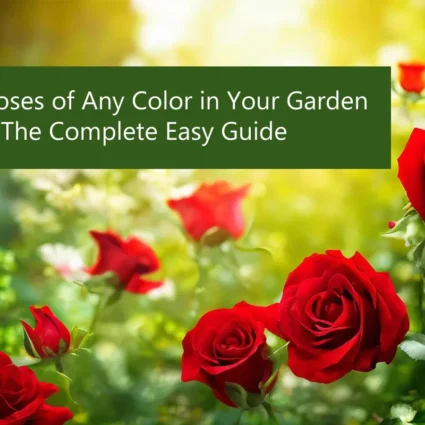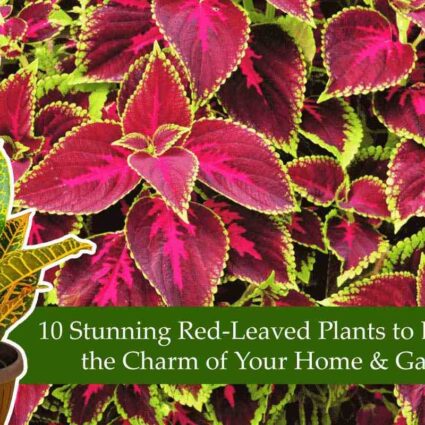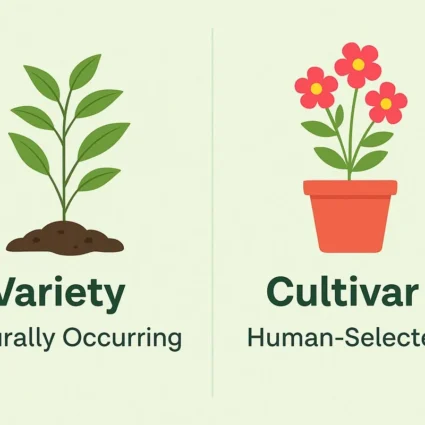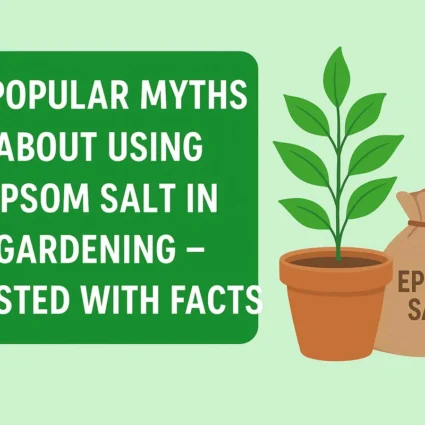Blogs
Long-Living Blooms
Some flowers, like chrysanthemums and sunflowers, are known for longevity. When properly cared for, they can maintain their beauty for several weeks.
Orchid Elegance
Orchids are renowned for their endurance. With appropriate care, some orchid varieties can bloom for several months, making them one of the longest-lasting flowering plants.
Also Read This :Succulent Wedding Favors: Perfect Green Gifts for Your Guests
Bulb Brilliance
Bulb flowers, such as daffodils and hyacinths, have shorter individual flower lifespans but can reappear year after year when planted in the garden, delighting us with their return.
Sturdy Succulents
Succulent flowers are resilient and can last for an extended period. These low-maintenance plants produce delicate, long-lasting blooms, adding to their appeal.
Eternal Beauty in Dried Flowers
Many flowers can be preserved and dried to maintain their beauty for years. Dried flowers, like dried roses or lavender, are often used for decorative purposes.
Also Read This :Cleanse Your Indoor Air with These Top Air-Purifying Plants
Flower Preservation
Techniques like pressing flowers between pages of a book or using silica gel can preserve the beauty of flowers for extended periods, allowing you to enjoy their charm as a keepsake.













